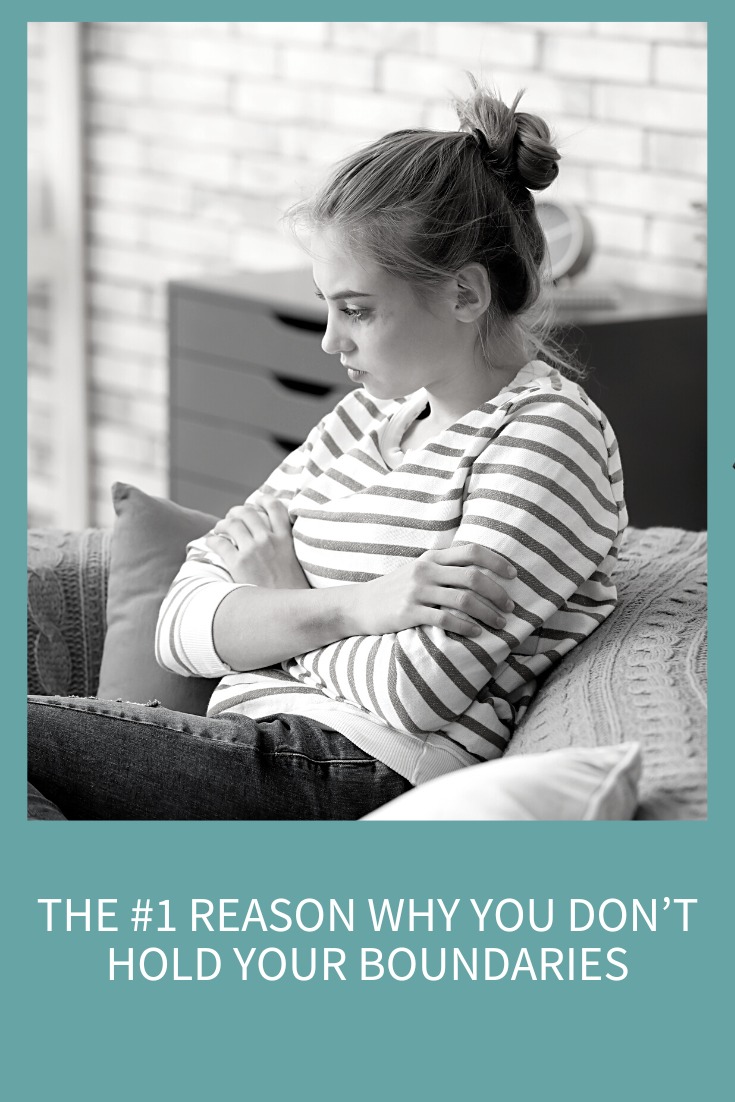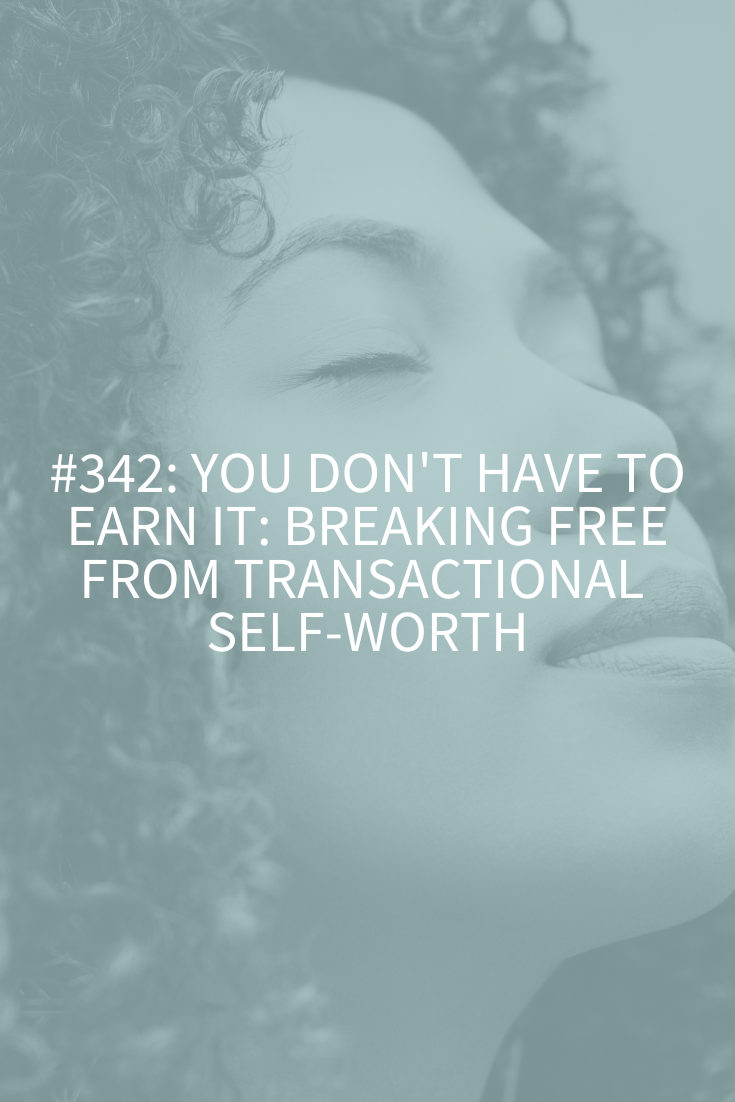
I’ve said over and over that the secret to a life filled with connection, ease and joy is to create and hold boundaries. And there’s one big thing that generally gets in the way of holding those boundaries: having a victim mentality. In my almost 40 years of experience, working with thousands of people, this is an issue with almost every person I meet. Sometimes it’s a big issue, and sometimes it’s smaller, but it’s almost always there in some way. The problem is that this way of thinking seems so natural or right that you likely don’t even realize you’re doing it! You’re a fish who doesn’t know it’s wet! Today we’ll discuss the symptoms of a victim mentality (many will likely surprise you), why you might be this way and, as always, my top 7 tips for making lasting changes so you can create fulfilling, loving relationships.
5-minute read
Taking 2 weeks off for the holidays. This is a great time to read my new book or to listen to the past episodes I’m going to mention in today’s broadcast.
Symptoms of a Victim Mindset
There are specific behaviors and ways of thinking that, again, can be so common, so ubiquitous, that you don’t realize you’re coming from a victim mindset.
- Thinking you have no control with certain relationships or that you can’t do something because someone else won’t change
- Blaming other people for events or situations in your life
- Not taking responsibility for your life or a particular relationship
- Thinking things in your life happen to you
- Feeling resentful a lot
- When offered suggestions for change, your first response is to list all the reasons these suggestions won’t work (you might be doing that right now)
- Feeling defensive often
- You don’t make changes because you believe others should change first.
- Feeling hurt and misunderstood often
Or you might be saying or thinking things like:
- I can’t help it.
- Anyone would feel this way.
- It’s natural to be angry when x happens.
- I can’t change the relationship because my partner refuses to change.
- I can’t help it.
- I’m just a jealous person.
- I can’t help the way I feel.
- Nothing ever works or Nothing I do ever makes a difference.
Why Does Anyone Have a Victim Mindset?
The simplest reason why you likely think this way is because so many people do. Most people are raised in a home where this kind of thinking is expressed in some way. When I listed all the signs a minute ago, you might have thought, “Yes, I’ve been hearing that my whole life,” or noticed that your dad acts in those ways.
For me, it’s like being raised in a home with racism, so becoming racist or, on the positive side, maybe you were raised in a home with a healthy view of women, so you respect women easily. In my own home, it’s no surprise that my children have many of the same political views their dad and I hold.
It’s also possible that you experienced some kind of trauma in your childhood, so didn’t develop healthy coping mechanisms for life and relationships. You felt like a victim which likely gave you a negative view of the world or the feeling that there isn’t any responsibility you have for how life happens to you.
The good news is that you weren’t born a victim. This isn’t a personality trait. Instead, this is a learned mindset and set of behaviors that you can absolutely change.
Abby’s Top 7 Tips for Overcoming a Victim Mentality
- Change the situation or learn to accept it. I discussed this at length in episode 256, The Four Ways to Solve Any Problem. I highly recommend you give that a listen next.
- Stop complaining. This is an excellent way to get out of the victim mindset. If you notice yourself complaining (there’s that pesky mindfulness again), take it as a signal that you’re acting like a victim and commit to taking a small step instead of complaining. I talk about how to stop complaining way back in episode 55.
- Listen like you’re wrong in all conversations.
- Take full responsibility for your life and every relationship you’re in. You’ve co-created every relationship you’re in, so always think first about your responsibility and work on that.
- The one in the most pain needs to change first. And that’s you.
- Stop keeping score and focusing on what you deem is “fair.”
- Buy my book!! It’s time to learn to draw real boundaries that have an action when your boundary isn’t met. Don’t simply state wants, feelings or preferences. You must also state what you’ll do if those wants, feelings or preferences aren’t met.
No matter what, do not repeat your boundary more than once to someone. If you have a boundary that others can’t comment on your body, and they do, let them know your boundary. If they do it again, do not repeat your boundary or threaten. Do not give someone multiple chances to hold your boundary. If they trample over/ignore your stated boundary, immediately follow through on the response you’ve already decided upon. If that response is that you’re going to leave the room or hang up the phone, follow through. If the person apologizes, you can tell them you appreciate the apology but still follow through and leave or end the conversation. Always follow through on your boundary response. If you don’t, you’ll end up in a cycle where this person continually ignores your boundary, apologizes and then ignores it again. You’re looking to change the dynamics of how you interact with this person, so follow through on every boundary and then engage in a new conversation at a later time, giving them a fresh start.

Learn to create and hold healthy, loving boundaries.
Boundaries Made Easy: Your Roadmap to Connection, Ease and Joy is now available on Amazon.
Purchase the hardcopy, eBook, or audiobook today!
Have you read Boundaries Made Easy? Show me some love by leaving an honest review.
Resources for Why You Don’t Hold Your Boundaries
Boundaries Made Easy: Your Roadmap to Connection, Ease and Joy
How to Make Mindfulness a Habit
Complaining is as Bad for You as Bacon (And Just As Satisfying)







